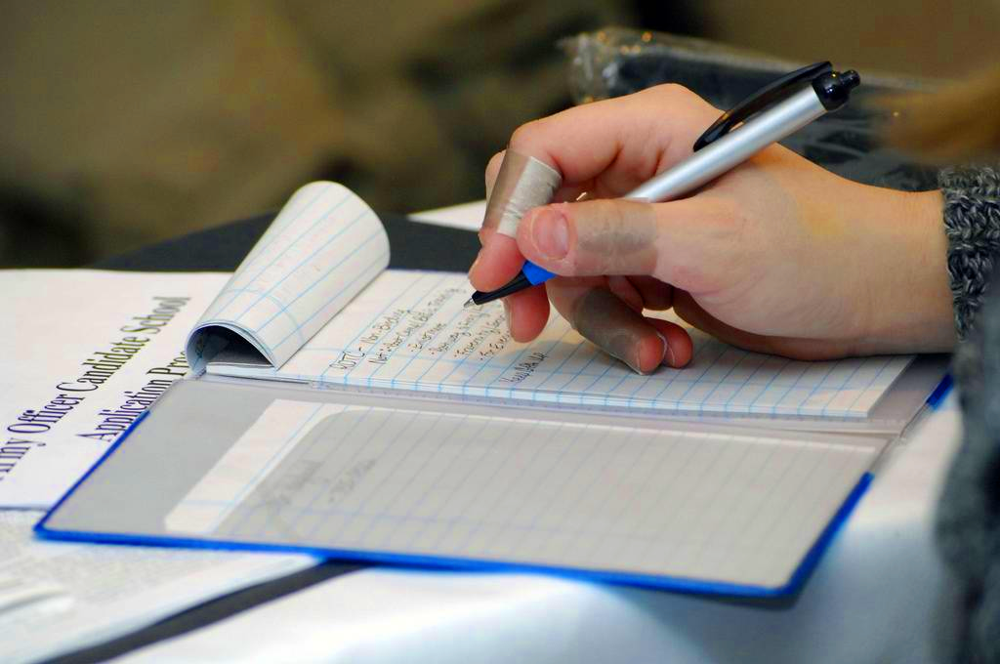11 Ways to Boost Elementary Students’ Spelling Skills

Spelling is a crucial aspect of language development for elementary students. It can boost elementary students’ fundamental skill that serves as a building block for other language skills. However, some students may struggle with spelling, which can affect their overall academic performance. In this article, we will discuss 11 effective ways to improve spelling skills in elementary students.
Read More: Top 10 Education Systems in the World.
Spelling is an essential skill that plays a vital role in communication. It is a critical part of literacy development and aids in the development of reading, writing, and comprehension skills. As students progress through elementary school, their spelling skills become increasingly important. However, many students struggle with spelling, which can lead to frustration and lower academic performance. In this article, we will discuss 11 effective ways to improve spelling skills in elementary students.
1. Encourage Reading
Reading is an excellent way to improve spelling skills. Reading books can boost elementary students to a variety of words, which helps them learn new vocabulary and spelling patterns. Encourage students to read books that are at their reading level and provide them with a variety of reading materials, such as fiction, and non-fiction.
2. Use Mnemonics
Mnemonics are memory aids that help students remember how to spell tricky words. For example, the mnemonic “i before e, except after c” can help students remember how to spell words like receive and deceive. You can create your own mnemonics or use ones that are already established.
3. Teach Phonics
Phonics is a method of teaching reading and spelling by teaching students the sounds that letters make. By teaching phonics, students can learn how to spell words by sounding them out. This method is particularly effective for young students who are just starting to learn how to read.

4. Practice with Word Games
Word games are an excellent way to make spelling fun and engaging for students. Games like Scrabble, Boggle, and Hangman can boost elementary students to practice spelling in a fun and interactive way. You can also create your own spelling games, such as word search puzzles or spelling bees.
5. Create Word Banks
Creating word banks is a simple but effective way to improve spelling skills. By creating a list of commonly misspelt words, students can practice spelling these words until they become familiar with them. You can also create word banks based on specific themes or topics to help students learn new vocabulary.
6. Use Spelling Apps
There are many spelling apps available that can help students improve their spelling skills. Apps like SpellingCity and SpellTower can boost elementary students to practice spelling words in a fun and interactive way. These apps often include games and quizzes that make spelling practice more engaging.
7. Model Good Spelling Habits
As a teacher or parent, it is essential to model good spelling habits. When writing or typing, make sure to spell words correctly, and take the time to correct any mistakes. Good spelling habits can boost elementary students and encourage them to take spelling seriously.
8. Provide Frequent Feedback
Providing frequent feedback is essential to improving spelling skills. When students make spelling mistakes, make sure to correct them and provide feedback on how to improve. You can also provide positive feedback when students spell words correctly to
9. Encourage Writing
Writing is an excellent way to practice spelling skills. Encourage students to write frequently, whether it be journaling, writing stories, or writing reports. Provide feedback on their writing and help them correct any spelling mistakes. Practising spelling in the context of writing can boost elementary students to improve their spelling skills and develop their writing skills at the same time.

10. Make Spelling Fun
Making spelling fun and engaging is essential to keeping students motivated and interested in learning. You can use a variety of methods to make spelling fun, such as creating spelling games, using interactive whiteboards, or incorporating spelling into art projects. By making spelling fun, you can help students develop a positive attitude towards spelling and encourage them to continue practicing.
11. Practice, Practice, Practice
Like any skill, spelling requires practice. Encourage students to practice spelling frequently, whether it be through games, writing, or spelling drills. The more students practice, the more confident they will become in their spelling abilities, and the more likely they are to succeed in other language skills.
Conclusion
Spelling is a crucial aspect of language development for elementary students. By using these 11 effective methods, you can help your students improve their spelling skills and develop a positive attitude towards spelling. Encourage reading, use mnemonics and phonics, practice with word games, create word banks, use spelling apps, model good spelling habits, provide frequent feedback, encourage writing, make spelling fun, and practice, practice, practice. By incorporating these methods into your teaching, you can help your students succeed in their language development.
FAQs
1. What age group are these spelling methods suitable for?
A: These spelling methods are suitable for elementary students, generally ages 6-12.
2. Can spelling apps be used in the classroom?
A: Yes, spelling apps can be used in the classroom as a fun and interactive way to practice spelling.
3. How often should students practice spelling?
A: Students should practice spelling frequently, ideally daily, to improve their spelling skills.
4. How long does it take to see improvement in spelling skills?
A: The time it takes to see improvement in spelling skills varies depending on the individual student. With regular practice, students can begin to see improvement in a matter of weeks or months.
5. Is it necessary to correct every spelling mistake a student makes?
A: It is essential to correct spelling mistakes to provide feedback and help students improve their spelling skills. However, it is also important to provide positive feedback and encouragement to keep students motivated and engaged in their learning.







